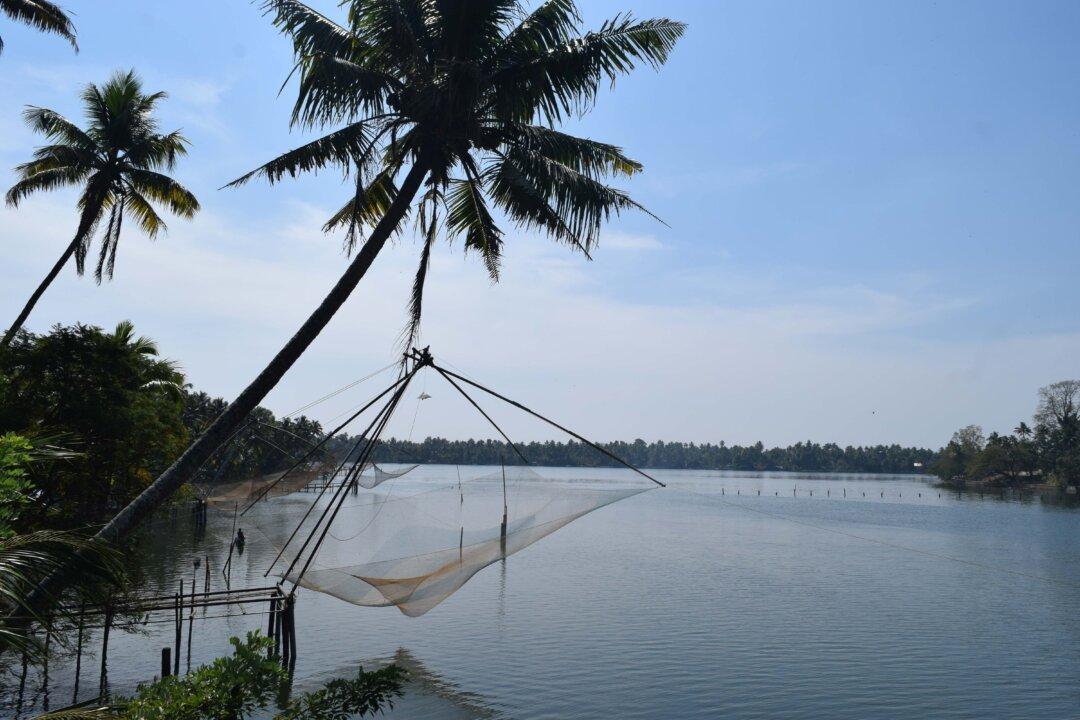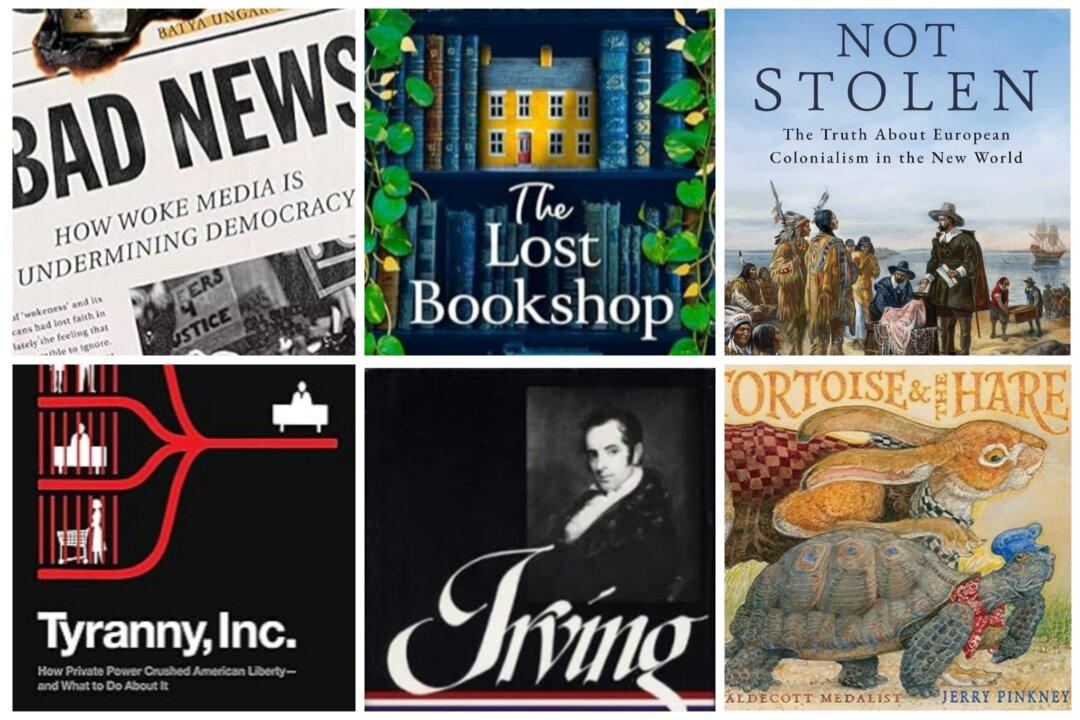Author Abraham Verghese’s previous novel, “Cutting for Stone,” occupies a prestigious literary spotlight as it’s spent more than two years on a bestseller list. “The Covenant of Water,” released in May 2023, could well do the same.
It’s a tome for sure, spanning slightly more than 700 pages and, for me, was a luscious piece of literature; part of me didn’t want it to end. At the same time, it flows effortlessly, like the author’s ever-present theme of water, over rough and smooth parts that carry you along, twisting and converging and ultimately connecting to a beautiful and restorative end, like a stream eventually becoming a river or a river finding its home in the sea.






